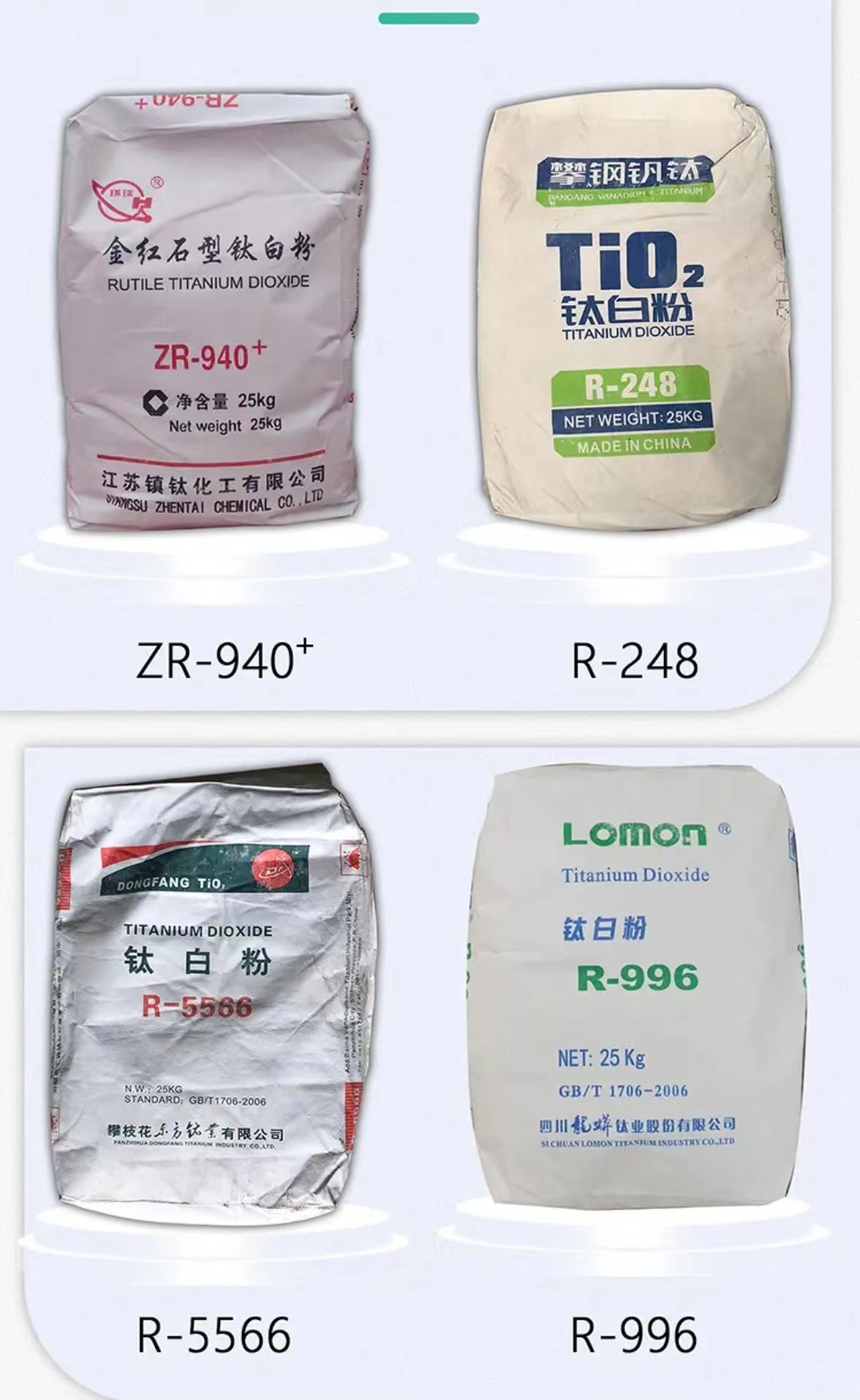
Dec . 10, 2024 00:23 Back to list
Titanium Dioxide Applications in the Plastics Industry and Manufacturing Processes
The Role of Titanium Dioxide in Plastic Manufacturing
Titanium dioxide (TiO2) is a versatile and essential compound widely used in various industries, including the plastic manufacturing sector. Its unique properties, such as brightness, opacity, and UV resistance, make it a favored choice in producing a wide range of plastic products. This article explores the significance of TiO2 in plastic factories, focusing on its benefits, applications, and environmental considerations.
Understanding Titanium Dioxide
Titanium dioxide is a white powder derived from titanium ore. Its most notable characteristics include excellent light scattering properties and high refractive index, which lends an exceptional brightness to materials. As a result, TiO2 serves as a pigment in numerous applications, providing the much-desired whiteness and opacity in plastics, helping to enhance their visual appeal.
Benefits of Using TiO2 in Plastics
1. Opacity and Brightness One of the primary reasons for using TiO2 in plastic manufacturing is its ability to provide excellent opacity. This property is particularly important in applications where light transmission is undesirable. For example, packaging materials often require high opacity to protect contents from UV exposure and light deterioration. TiO2 helps achieve this effect efficiently.
2. UV Protection Plastics are inherently susceptible to degradation when exposed to ultraviolet (UV) light. TiO2 acts as a UV absorber, enhancing the durability and longevity of plastic products. By incorporating TiO2, manufacturers can produce more resilient materials for outdoor applications, such as garden furniture, car components, and packaging, thereby reducing the risk of fading, cracking, and other forms of deterioration.
3. Thermal Stability Another significant advantage of TiO2 is its thermal stability. In the processing of plastics, the temperature can often exceed hundreds of degrees Celsius. TiO2 remains stable under high temperatures, making it suitable for various thermoplastic applications. Its stability ensures that the properties of the plastic remain consistent throughout the manufacturing process.
4. Compatibility TiO2 is compatible with most plastic resins, including polyolefins, polystyrene, and polyvinyl chloride (PVC). This compatibility allows manufacturers to incorporate TiO2 without altering the inherent properties of the base plastic. As a filler and pigment, TiO2 can be tailored in various formulations to meet specific requirements.
tio2 used in plastic factories

Applications of TiO2 in Plastic Manufacturing
Titanium dioxide is employed in a wide range of plastic applications
- Packaging TiO2 is extensively used in the production of films, containers, and bottles to enhance opacity and protect contents from UV light. - Automotive Parts In the automotive industry, TiO2 is used in exterior components to improve weather resistance and color stability, ensuring vehicles maintain their aesthetics over time.
- Consumer Goods Many household items, including toys, appliances, and furniture, utilize TiO2 to achieve desirable cosmetic properties and durability.
- Construction Materials TiO2 is also used in plastic construction products, such as siding and window profiles, to protect against natural elements.
Environmental Considerations
While the benefits of titanium dioxide are significant, it is essential to consider its environmental impact. The production of TiO2 can involve processes that generate waste and emissions, prompting the need for sustainable practices in its use and manufacturing. Manufacturers are increasingly exploring methods to minimize the ecological footprint, such as using recycled materials and adopting cleaner production processes.
In conclusion, titanium dioxide plays a critical role in plastic factories by enhancing appearance, durability, and functionality. Its unique properties make it indispensable across various applications while presenting opportunities for manufacturers to innovate and improve their processes sustainably. As the demand for plastic products continues to rise, the utilization of TiO2 will likely remain a cornerstone of the industry, provided that its environmental implications are responsibly managed.
-
Premium 6618 Titanium Dioxide for GPT-4 Turbo Applications
NewsJul.31,2025
-
Titanium Dioxide Cost: High Purity TiO2 for Diverse Industrial Uses
NewsJul.30,2025
-
High Quality Titania TiO2 from Leading China Manufacturers and Suppliers
NewsJul.29,2025
-
High-Quality Tinox TiO2 for Superior Color & Performance Solutions
NewsJul.29,2025
-
High Quality Titania TiO2 from Leading China Supplier & Manufacturer
NewsJul.29,2025
-
High-Performance r6618 TiO2 for Superior Whitening and Versatility
NewsJul.28,2025
